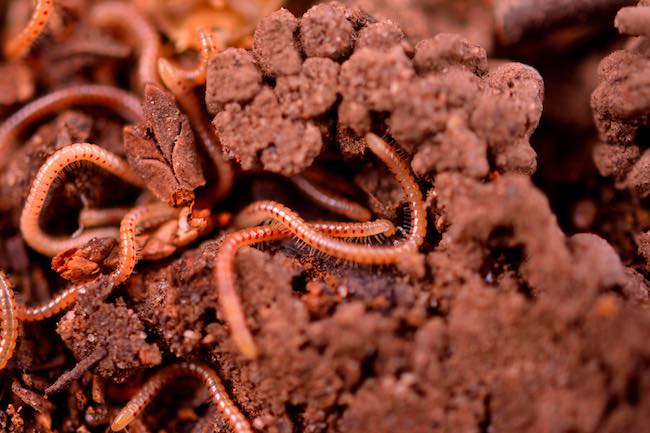Why earthworms are important in your garden soil

Earthworms are incredibly important for maintaining healthy garden soil, and their benefits can be broken down into several key areas:
- Soil Structure: Earthworms are essential for creating a healthy soil structure. As they move through the soil, they burrow and tunnel, creating small channels that allow air and water to penetrate deep into the soil. This process helps to loosen compacted soil, improving drainage and promoting root growth.
- Nutrient Cycling: Earthworms are important for nutrient cycling in the soil. As they consume organic matter, such as dead plant material and animal waste, they break it down into smaller pieces. These pieces are then further broken down by soil microbes, releasing nutrients that are essential for plant growth.
- Soil Fertility: Earthworms are also important for maintaining soil fertility. Their waste, known as castings, is rich in nutrients such as nitrogen, phosphorus, and potassium. These nutrients are released slowly into the soil, providing a continuous supply of nutrients to plants.
- Pest Control: Earthworms also help control garden pests. They prey on small insects, such as mites and aphids, and their burrowing activities create a habitat for beneficial soil organisms, such as predatory mites and nematodes, that feed on garden pests.
In summary, earthworms are incredibly important for maintaining healthy garden soil. They help to create a healthy soil structure, cycle nutrients, maintain soil fertility, and control garden pests. Without earthworms, garden soil would be less productive and less healthy.